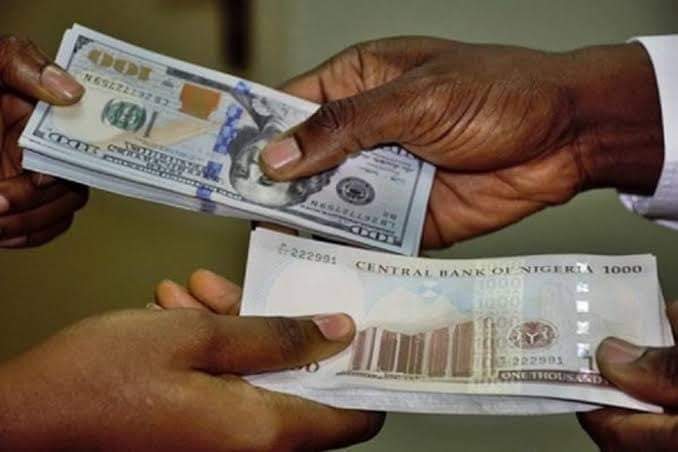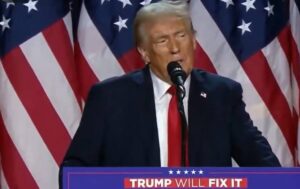
Last week, the naira appreciated significantly across both the official and unofficial markets as the federal government announced plans to boost liquidity in the foreign exchange market.
In recent months, the naira has weakened significantly in both the authorised and unauthorised market segments.
The currency depreciation became more pronounced after the Central Bank of Nigeria (CBN) in June announced a move to unify the FX window by adopting the Investors and Exporters (I&E) window. Within this period, the apex bank decision exacerbated the volatility of the domestic currency amid poor dollar supply and soaring demand.
The federal government on several occasions promised to boost supply as part of efforts to reduce the effect of forex volatility on the larger economy.
However, last week, the naira recorded a significant appreciation in value that suggests imminent liquidity in the market.
On Friday, the naira closed at both the official and unofficial markets on a positive note. According to market data published by FMDQ, the naira closed at N776.14 to a dollar on Friday. The rate implies a N17.14 or 2.2 per cent appreciation from N793.28 recorded on Thursday. Similarly, the rate indicated a 22 per cent appreciation from N993.82 the naira closed at the beginning of the week on Monday.
It recorded a significant gain on Tuesday and Wednesday after the domestic unit closed at N815.32 and N786.00 per $1 respectively.
At the parallel market, the naira recorded a significant gain last week. According to data collated from Bureau De Change market dealers, the naira commenced trading last Monday at N1,160 per dollar but closed the week on Friday at N950.00 per dollar.
“The naira dropped very well this week. On Friday, we started buying at N1000 on Friday morning but we closed the market at N950/$1 in the evening,” a currency dealer who gave his name as Shuaibu said in an interview.
He said the market recorded poor patronage last week as there was a significant drop in demand for the dollar across the market.
The appreciation of the naira across both market segments came after Nigeria’s Minister of Finance and coordinating minister of the economy, Wale Edun, hinted that the country is expecting $10 billion worth of foreign exchange in the relatively near future. The minister’s speech stirred market sentiments, suggesting the Nigerian government’s willingness to improve liquidity and stability in the market and attract foreign investors into the Nigerian economy.
Mr Edun said the government has a line of sight of forex inflows into the country in weeks rather than months. “In addition, from the supply of foreign exchange through NNPC, increased production, reduced expenditure, from transactions such as forward sales, from our discussions with sovereign wealth funds, that are ready to invest and provide advanced alongside that investment, there is a line of sight of $10 billion worth of foreign exchange in the relatively near future in weeks rather months,” the minister said.
He explained that President Tinubu has signed an executive order that effectively allows under forbearance all the cash that is in the domestic economy to legally come into the formal money supply.
During the week, reports said that the Central Bank of Nigeria cleared matured forward foreign exchange contracts with some banks as part of efforts by the government to help stabilize the naira. The amount of overdue forward payments is estimated at $6.7 billion, and the settlement of the backlog impacted the naira in the market.
Razaq Fatai, Research and Advisory Lead at Vestance, a data-driven intelligence and advisory firm based in Abuja, said the recent gain recorded across the FX market is a result of the Central Bank’s move to clear the backlog of the dollar demand.
“The recent trend in the local currency’s gains is primarily driven by news of the Central Bank of Nigeria (CBN) addressing a significant portion of the dollar demand backlog. This may indicate increased FX liquidity in the coming months,” he said.
Mr Fatai said, however, that the fundamental issues remain, and that crude oil production is still relatively poor due to oil theft, which means that export proceeds may not be sufficient to offset future Fx demand.
“To achieve long-term FX stability, the country must address and resolve issues related to oil production,” he added.




